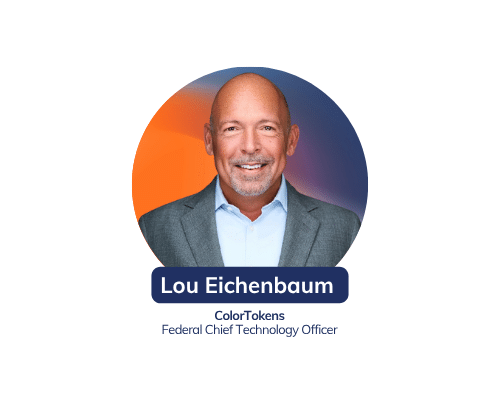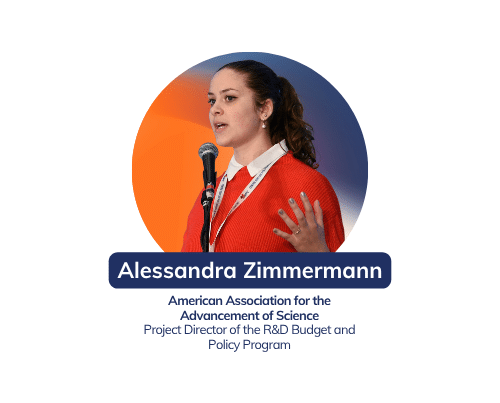Takeaways:
- Tribal relations intersect with numerous sectors, highlighting the complexity and integration of Tribal sovereignty in American jurisprudence and society.
- The COVID-19 pandemic highlighted the importance of collaborative efforts between Tribal and state leaders, showcasing the need for open discussions and innovative solutions in addressing crises.
- Tribal relations require listening, learning, and respecting Tribal leadership while understanding the foundational legal structures that impact Tribal governance and sovereignty.
In our latest interview, I had the pleasure of speaking with Eldred Lesansee, the President of the National Native American Law Students Association (NNALSA) and a J.D. Candidate at Columbia Law School. Eldred shared his insights on the complexities of Tribal relations, the impact of the COVID-19 pandemic on Tribal communities, and the critical role of collaboration and respect in legal and policy work. His experiences and leadership offer a valuable perspective on the intersection of Tribal sovereignty and American jurisprudence, highlighting the importance of understanding and supporting Tribal Nations in all aspects of governance and community well-being.
Can you tell me about your career path that has led you to where you are now?
I grew up in the close-knit communities of Jemez and Zuni Pueblos, where our rich culture and strong community ties shaped who I am. From a young age, I knew I wanted to give back to my community. After high school, I went to Stanford, where I was blown away by the large Native student community. I eventually became Co-Chair of the Stanford American Indian Organization, which deepened my commitment to serving others.
My passion led me to France on a Fulbright scholarship, where I earned a master’s in international development. While there, I learned about the sale of sacred cultural items from my Pueblo, which pushed me to work in repatriation. After returning to New Mexico, I joined the Indian Affairs Department as a policy analyst just before the pandemic hit. I worked on everything from communications to behavioral health, always focused on serving my people. Now, I’m in my final year of law school at Columbia, where I’m also serving as President of the National Native American Law Students Association (NNALSA). My journey has always been about giving back, following my passions, and helping others find their path.
How did you become passionate about the intersection of tech, government, and tribal communities, and how do you stay informed and engaged in those areas?
I think my passion still lies with my communities. In the Pueblo nations of the Southwest, we’ve always had a deep sense of interconnectedness. Our prayers don’t start with us—they start with the universe and come back to us. That mentality has always driven me, and it’s why I’m passionate about finding the best ways to help my tribal communities. Whether it’s through advocacy or legal work, I want to make sure I’m doing what I can to uplift and defend tribal sovereignty.
As President of the National Native American Law Students Association, I see the importance of our work at both the ground level and on an international scale. My biggest dream is to see tribal nations take their rightful place in international politics, whether it’s at the UN or in other global conventions. Our sovereignty is strong, but I believe we can push it even further. Service has always been at the forefront of my mind. I wouldn’t have pursued years of education without this mission. International relations have always been a part of tribal history, and it’s crucial to who we are today. My passion drives me to keep learning, innovating, and serving, and I hope others find their passion too.
What do you believe sets Tribal Government Relations apart as a unique work environment, and how do you navigate its challenges in your everyday work?
Tribal relations are unique because they touch so many different sectors of society. On the legal side, tribal sovereignty and law are at the core of American jurisprudence. The relationship between tribal nations and the federal government is foundational, influencing a wide range of areas from environment, energy, and technology to behavioral health, education, and cultural heritage preservation. It’s incredibly complex and deeply integrated into all parts of society.
What makes tribal relations special is that they show how the world can be when there is respect for people’s origins, cultures, languages, and histories. While U.S. history hasn’t been kind to Indian nations, we’re now seeing a shift towards tribal self-determination and an upliftment of tribal sovereignty. It’s time to explore how far tribal nations can go when they are respected, supported, and encouraged to extend their sovereignty in all aspects.
Describe a challenging or rewarding project that significantly influenced your growth as a professional. How did you handle the challenge, and what did you learn from the experience?
During the COVID-19 pandemic, while working with the New Mexico Indian Affairs Department, I witnessed the power of collaboration. Tribal, state, and local leaders came together, with the Indian Affairs Department leading efforts to ensure Tribal needs were met. This experience highlighted the importance of open discussions, innovative thinking, and effective collaboration, especially in times of crisis. It also gave me the confidence to lead projects and make meaningful contributions, knowing that even as a young professional, I had valuable perspectives to offer.
Another significant experience has been my role as the President of NNALSA. Leading a diverse group of law students from various Tribal communities across the country has taught me the importance of understanding different cultures, languages, and goals. Our shared mission is to serve Indian Country, build community, and create pathways for future leaders. This experience has reinforced the value of listening, collaboration, and community support in leadership, showing me that we can achieve great things when we work together.
What advice would you give to someone navigating how to bridge the gap between traditional practices and modern governance structures?
My first piece of advice is to listen, learn, and then ask questions. Whether you come from a Tribal Nation or are new to working with Tribes, it’s crucial to understand what’s happening on the ground. From my own experience, being away from my communities for education made me realize how important it is to stay connected with what’s really going on. Leaders on the ground have a perspective that’s invaluable.
Secondly, whether you’re Native or non-Native working in the Tribal relations sector, it’s vital to respect Tribal leadership structures. Upholding Tribal sovereignty means honoring these leadership structures, whether they are elected or appointed. In the legal space, for instance, I’ve learned that lawyers often advise rather than lead. However, understanding how to both follow and lead effectively is crucial for future Native lawyers and law students.
Lastly, I would strongly encourage everyone involved in Tribal relations, whether in law school, working in government, or elsewhere, to understand the foundational legal structures of this country. This includes recognizing how Tribal Nations are integral to American jurisprudence and how their well-being is intertwined with the overall health of the U.S. Government. By ensuring Tribal Nations are supported and thriving, we ultimately contribute to the betterment of the country as a whole.
Word Association, what is the first word that comes to mind for each of there?
- Policy – Effective – efficient
- Networking – Collaboration
- Communications – Community
- Leadership Connect – Relationship-building






